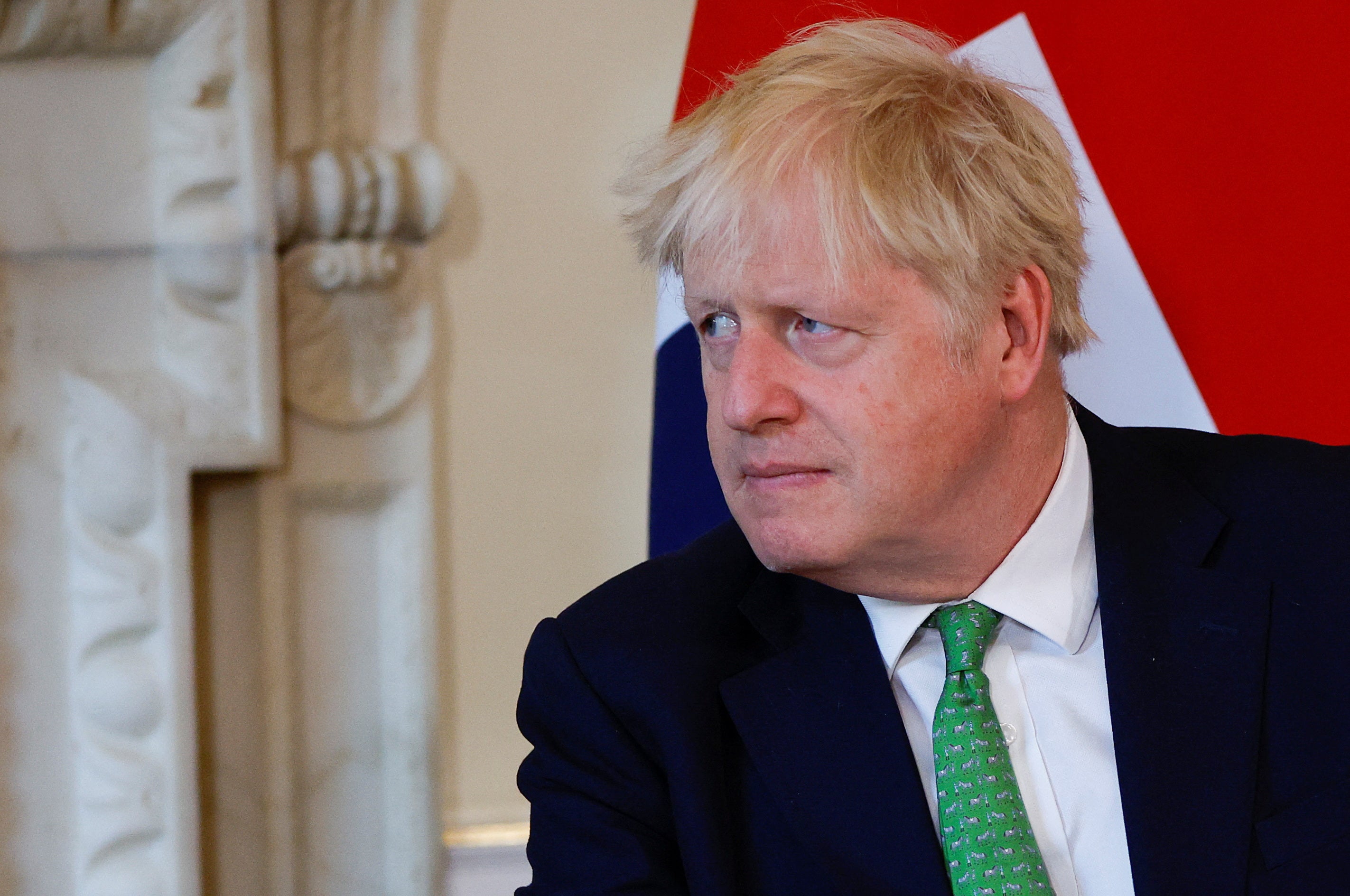How Brexit may still yet deprive Boris Johnson and the Tories of power
The UK’s ability to export its way out of trouble has been much hampered by Brexit-induced trade barriers with the EU market, writes Sean O’Grady


It’s an economic truth too little remarked upon that a country cannot indefinitely live beyond its means.
To do so it must rely on the kindness of the markets, overseas investors who have sufficient faith in the ability of the UK economy to prosper so mightily in the future that it can indeed pay its debts. If not, then they will shun sterling assets and the value of the pound will fall. That makes imports more expensive, exports cheaper, and redresses the trade imbalance over time.
One of the main mechanisms driving that adjustment is the way higher import prices drive inflation higher and reduce the real value of wages, which comprise roughly 70 per cent of the cost base of the British economy. Thus do living standards become squeezed, and workers and managers – on behalf of the owners of capital – come into conflict.
All of this economic theory has been playing out in practice in post-Brexit Britain. “Project Fear”, in other words, wasn’t some phantasm but a very real prospect that has come to pass, although very slowly and invisibly via these effects, which are obscured by the global spikes in inflation and post-Covid-19 pandemic shortages of supply.
The very bad news is that there is much more of this to come. The last quarterly trade figures suggest that the British are living beyond their means, internationally, to a degree not seen since records began in 1955. The current-account deficit covering goods and services imported versus exported stands at -7.1 per cent, compared with a more manageable -2 per cent or so in the pre-Brexit era. It is caused by a leap in imports and a drop in exports, and the inescapable fact is that it is Brexit that is responsible. Part of the explanation is a step change in the way the Office for National Statistics measures imports from the EU, but there is no avoiding the 4.4 per cent fall in the real value of exports.
Unsurprisingly, too, the global issues over energy and food have driven costs and prices up on a very broad range of goods across the world. But the impact has been exacerbated in Britain because of that relative weakness in what the pound can be – down 10 per cent against the dollar in the last year – with most commodities traded in that currency.
Politically, the outlook is for continuing inflationary pressures in the shops, at the petrol pumps and in energy bills. That in turn is bound to add to pressures on employers, including government, to grant pay rises to compensate, more strikes when resistance is encountered and more pressure on the public finances. The UK’s ability to export its way out of trouble has been much hampered by Brexit-induced trade barriers with the EU market, Britain’s biggest. Things are also more difficult because so much of Britain’s manufacturing and export-oriented sectors have been hollowed out through de-industrialisation.
The 2008 financial crisis and the pandemic have also created a mountain of national debt and reduced the scope for further borrowing. Britain’s productive capacity has also been reduced because of the loss of workers returning to the EU and long Covid, thus reducing export capacity. In the worst-case scenario the Bank of England will have to push interest rates so high they push the economy into a recession. Governments don’t always lose elections in a slump, but it doesn’t help.
It seems that although Brexit propelled Boris Johnson and the Conservatives to political success in 2016 and 2019, Brexit will depress growth and living standards and may yet deprive them of power.
Subscribe to Independent Premium to bookmark this article
Want to bookmark your favourite articles and stories to read or reference later? Start your Independent Premium subscription today.



Join our commenting forum
Join thought-provoking conversations, follow other Independent readers and see their replies
Comments